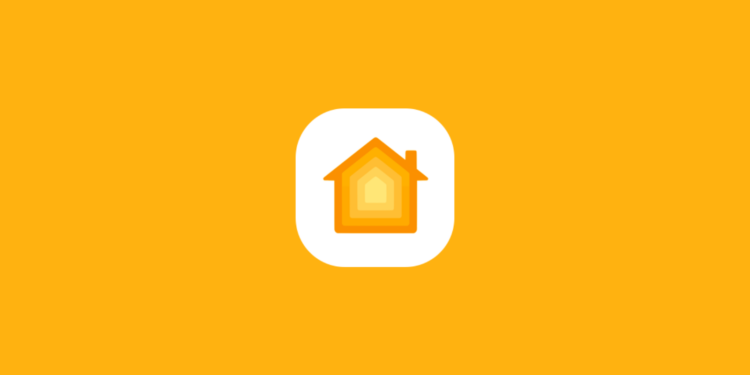With the release of iOS 18, a host of new features are lined up to improve your smart home experience. Particularly exciting is the expansion of the Home app, which will now support Adaptive Lighting for Matter bulbs. This feature, which was previously only available for HomeKit devices, will transform your home into an even smarter and more comfortable environment.
With iOS 18, Apple has once again shown that the company is determined to push the boundaries of the smart home. The Home app already has many useful features, but the integration of Adaptive Lighting for Matter lights takes it to a whole new level. What is particularly notable is that this feature has not been officially announced or widely communicated until now. But recent reports and beta tests show that you can look forward to a significant innovation.
What is Adaptive Lighting?
Adaptive lighting is a feature first introduced with iOS 14 that allows you to automatically adjust the color temperature of your smart lights throughout the day. In the morning, you'll wake up with warm, relaxing colors, at midday, cooler tones will encourage concentration, and in the evening, a softer, yellow-tinted light will help you relax and prepare for sleep. This intelligent lighting control helps improve your well-being by adapting to your natural circadian rhythm.
The integration of Matter luminaires
With iOS 18, Adaptive Lighting will now also be available for Matter lights. Matter is a universal smart home standard that aims to improve compatibility between different platforms such as HomeKit, Alexa and Google Home. Until now, Matter lights could be easily integrated into smart home systems, but support for Adaptive Lighting was missing - a feature that was sorely missed by many users. Thanks to the new integration, you will now be able to control your Matter-compatible lights so that they automatically adjust their color temperature to the time of day. This not only creates a more harmonious atmosphere in your home but also better compatibility between different devices and systems.
The role of Nanoleaf and other partners
Nanoleaf, a leader in smart lighting, has already confirmed that its Essentials Matter lights will support Adaptive Lighting in iOS 18. According to Gimmy Chu, CEO of Nanoleaf, the company has been conducting extensive testing over the past few months to ensure that the integration is seamless and users have an optimal experience. The feature is already available in the beta versions of iOS 18 and is expected to be fully rolled out when the operating system is officially released. But Nanoleaf is not the only one working on this new feature. It is very likely that other major brands like Philips are also working on implementing Adaptive Lighting for their Matter lights. This means that in the near future you will have a wide range of supported lights to choose from to customize your smart home.
Benefits and Outlook
The extension of Adaptive Lighting to Matter lights is a significant step forward for smart home technology. This feature not only offers you more flexibility and convenience, but also makes your home smarter and more energy efficient. You can set your lights to automatically adjust to the time of day, which not only improves your mood but also optimizes energy consumption. With iOS 18, Apple is once again showing that it is actively shaping the future of the smart home. The integration of Adaptive Lighting into the Home app is a clear signal that the company continues to focus on user-friendliness and interoperability. So you can look forward to even smarter and more intuitive control of your home.
iOS 18 brings flexibility and intelligence to your smart home
iOS 18 brings with it a wealth of new features that will make your smart home even smarter. The integration of adaptive lighting for Matter lights into the Home app is one of the most exciting new features. This feature allows you to make your lighting even more individual and convenient while benefiting from Matter's cross-platform compatibility. Get ready, because with iOS 18 your home will be smarter, more flexible and more energy efficient than ever before. (Image: Apple)





